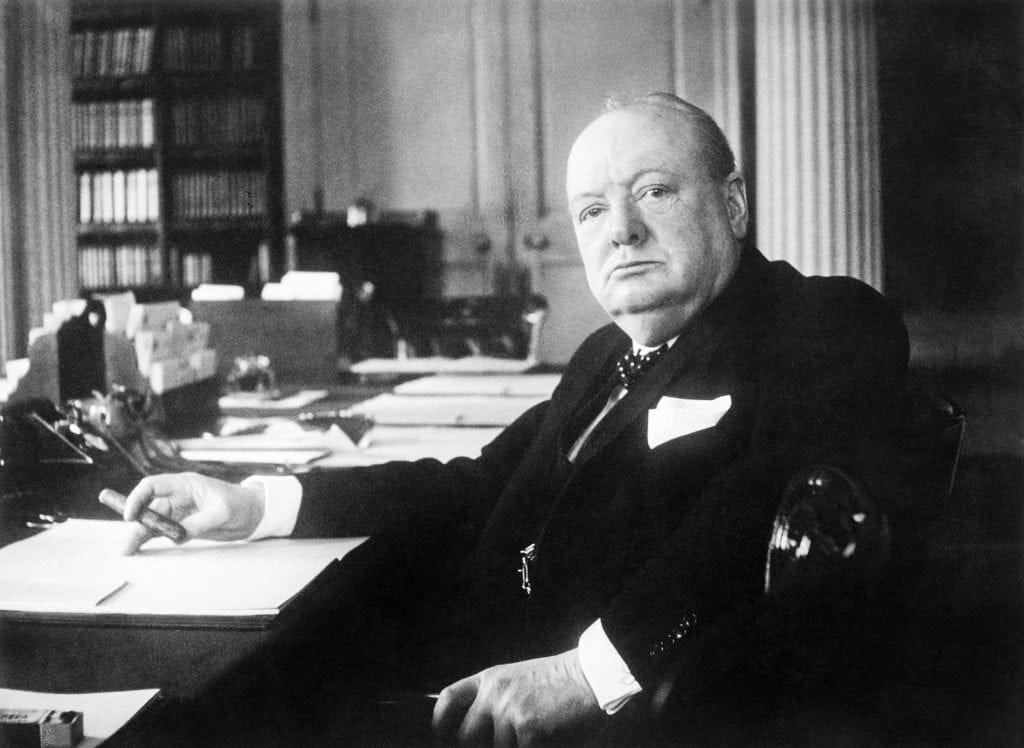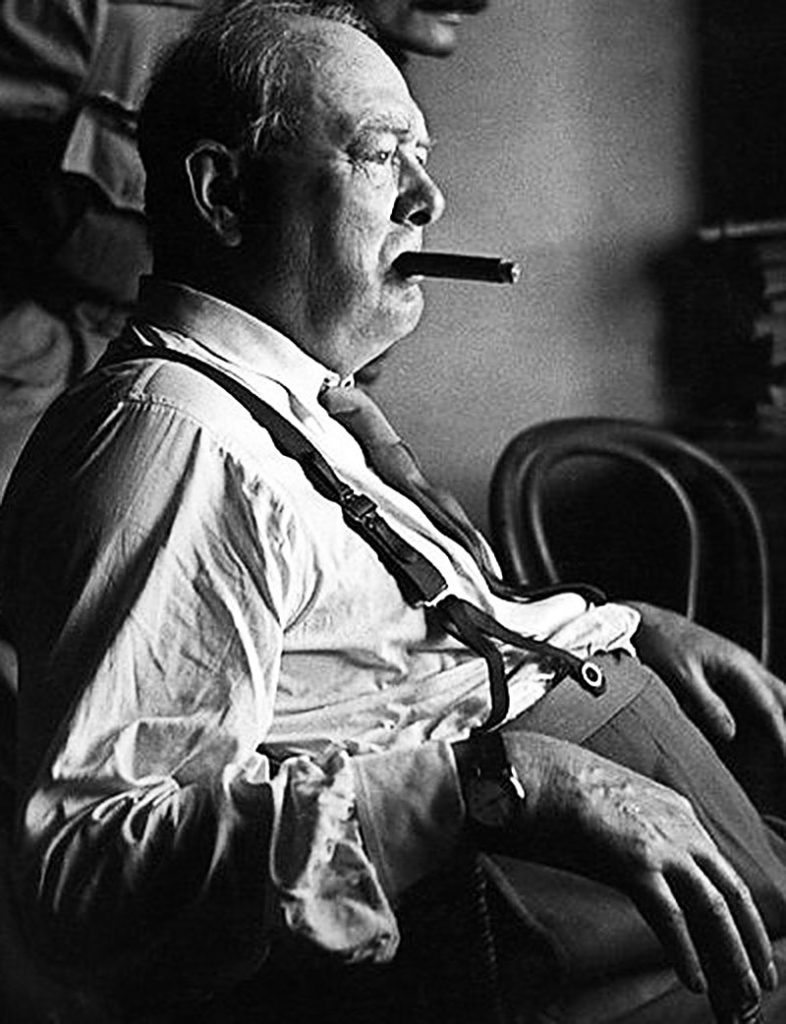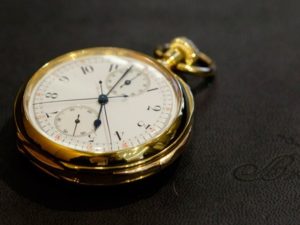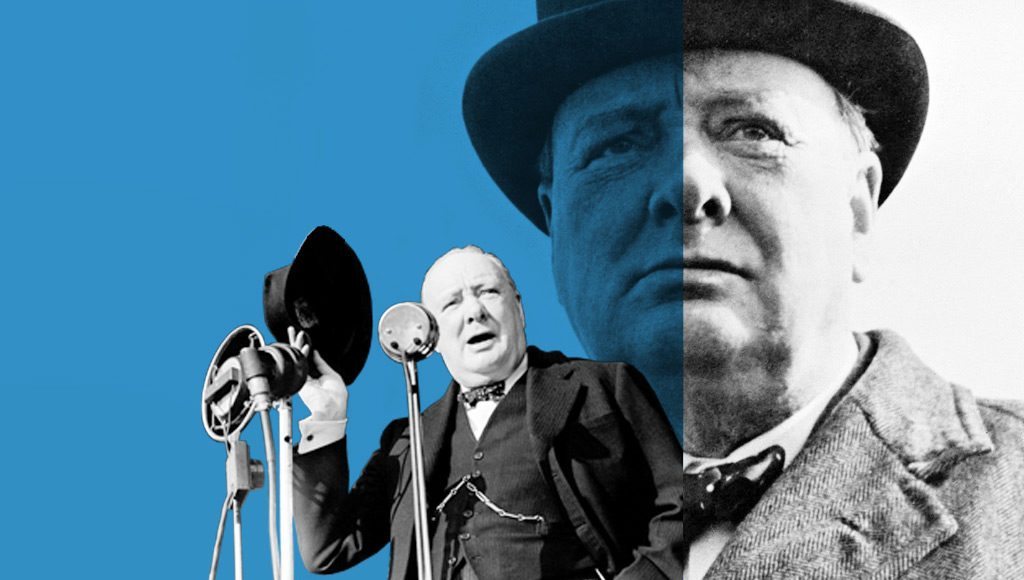Winston Churchill is best remembered for his service to the British people and Allied powers during the Second World War. But his colorful life in the military and as a journalist and author shaped him into the fearless leader we remember him as today.
Winston Churchill: The Early Career
Churchill began his career in the British Army in 1895, at twenty-one years old. In the Army, Churchill dabbled in journalism, writing military reports for newspapers, like The Pioneer and the Daily Telegraph. In 1898, at the age of twenty-four, he wrote his first book on his military experiences. After publishing two more books, he decided to pursue writing full-time.

Churchill left the Army and started working for a daily newspaper, the Morning Post, as a war correspondent. At the age of 26, Churchill took an interest in politics, winning an election to be a Member of Parliament. In the years leading up to the First World War, he received an appointment to the Prime Minister’s cabinet and later the head of the Royal Navy. He resigned just after the start of the World War I and rejoined the British Army.
After World War I
After the war, he returned to politics, again serving on the Prime Minister’s cabinet. In the following years, Churchill’s political career declined. People felt his views were out of touch and too extreme, so he took time off to pursue writing again. But as global politics heated up before the onset of World War II, he rejoined the political realm.

In September 1939, Britain declared war on Germany. England reappointed as the head of the Royal Navy and as a member of the war cabinet. By May 1940, Parliament issued a motion of no-confidence against the Prime Minster, and King George VI appointed Churchill as the Prime Minister and Minister of Defense. He quickly made moves to keep the resistance against the Nazis alive and formed key alliances with the United States and Soviet Union.
After WWII, Winston Churchill took a brief reprieve from politics and returned to writing, publishing two more books and receiving the Nobel Prize in Literature. In 1951, at the age of 77, he was re-elected as Prime Minister but retired four years later. He remained a Member of Parliament until shortly before his death, at the age of 90.
The Watches
Churchill’s timepieces have almost become as iconic as the man himself. He was a collector and known to have some of the most magnificent watches. Some standouts include Rolex’s 100,000th chronometer—a customized gold Datejust with his coat of arms on the back, given as a gift from Rolex founder Hans Wilsdorf—and a Lemania Chronograph made entirely of 18-karat yellow gold, from its case to its hands and hour markers.

But Churchill was an old soul. Despite the impressive wristwatches in his collection, his favorite timepiece was his custom yellow gold Breguet pocket watch. It was a commission in 1890 by his uncle, John Spencer-Churchill, the 7th Duke of Marlborough. Later, Churchill received the watch as a gift. He gave it an affectionate nickname: “the Turnip.” The now-famous pocket watch was as much a part of Churchill as any other appendage—he was never seen without it. To this day, the treasured timepiece remains in the family and resides with his great grandson.
Check out our other Profiles in Time, like President Harry S. Truman.
Get More Articles Like This in Your Inbox
We're constantly creating great content like this. So, why not get it delivered directly to your inbox? By subscribing you agree to our Privacy Policy but you can unsubscribe at any time.







Willi Patterson | October 22, 2017
|
“Churchill youre drunk!”.
“I am madam. But TOMORROW morning I shall be sober and you’ll still be ugly.”
Tomas Jonsson | October 15, 2017
|
Churchill was such an impressive man (and apparently with a great taste for timepieces). He was truly the right man at the right time to get the job done.
And his quotes are timeless:
“Champagne should be dry, cold and free.” 🙂